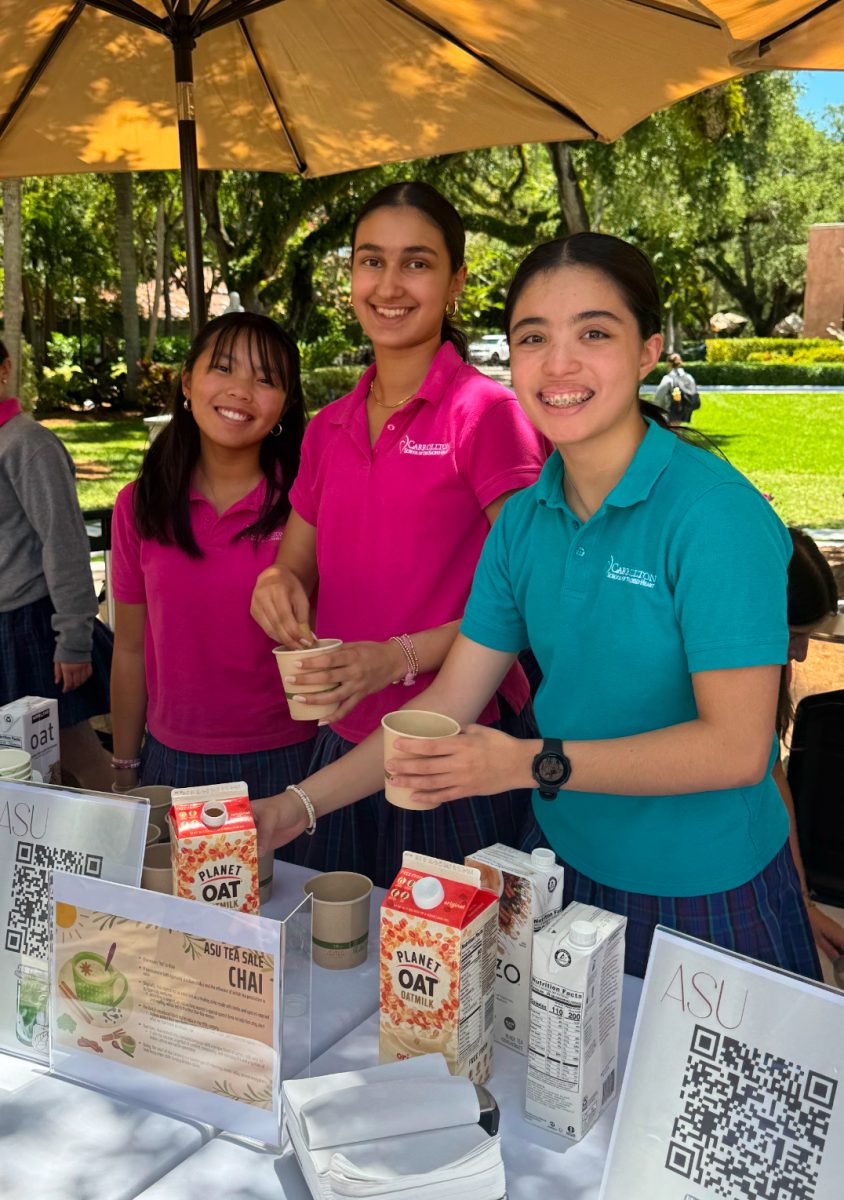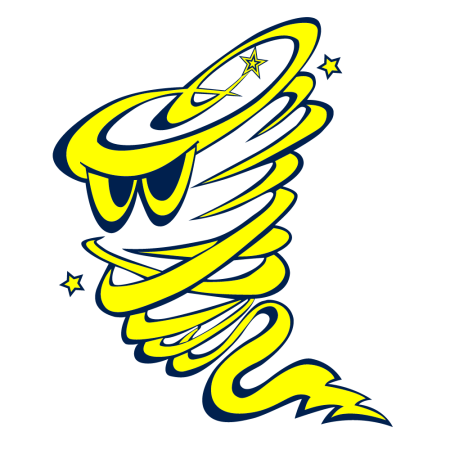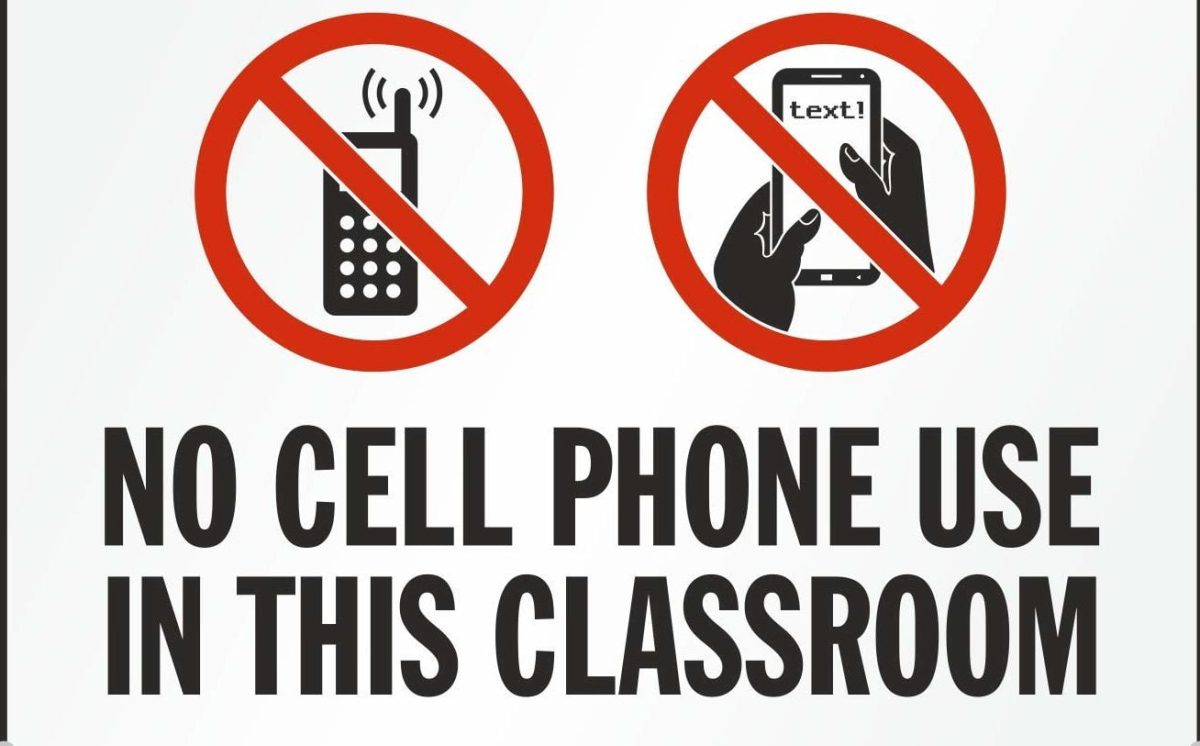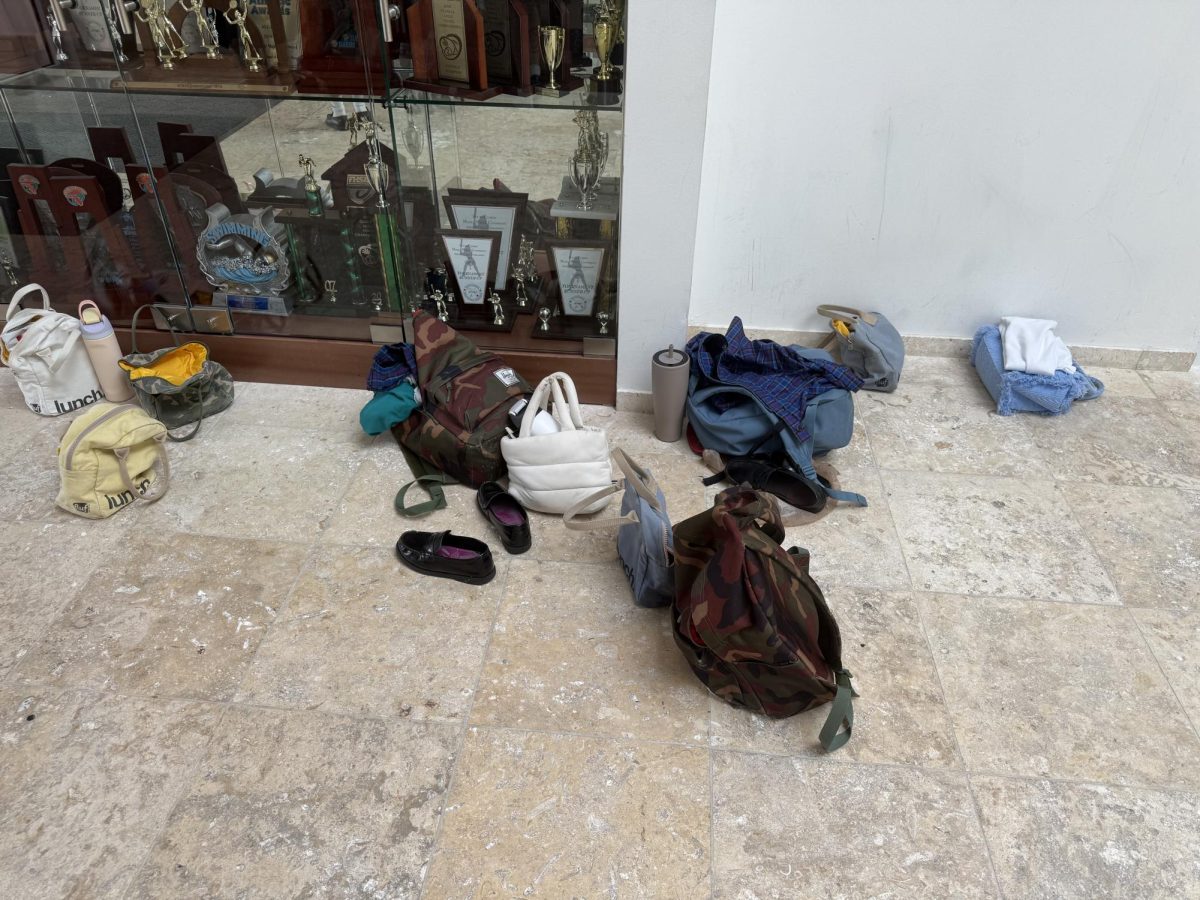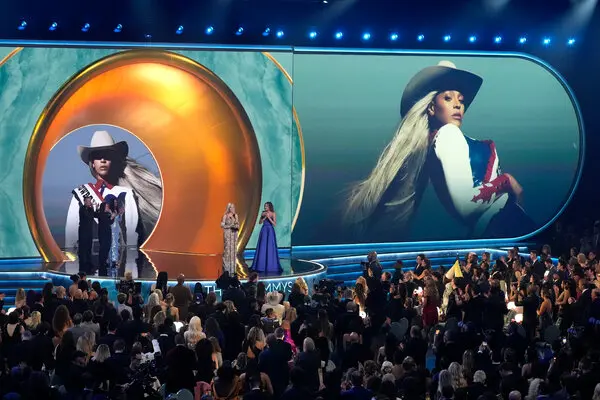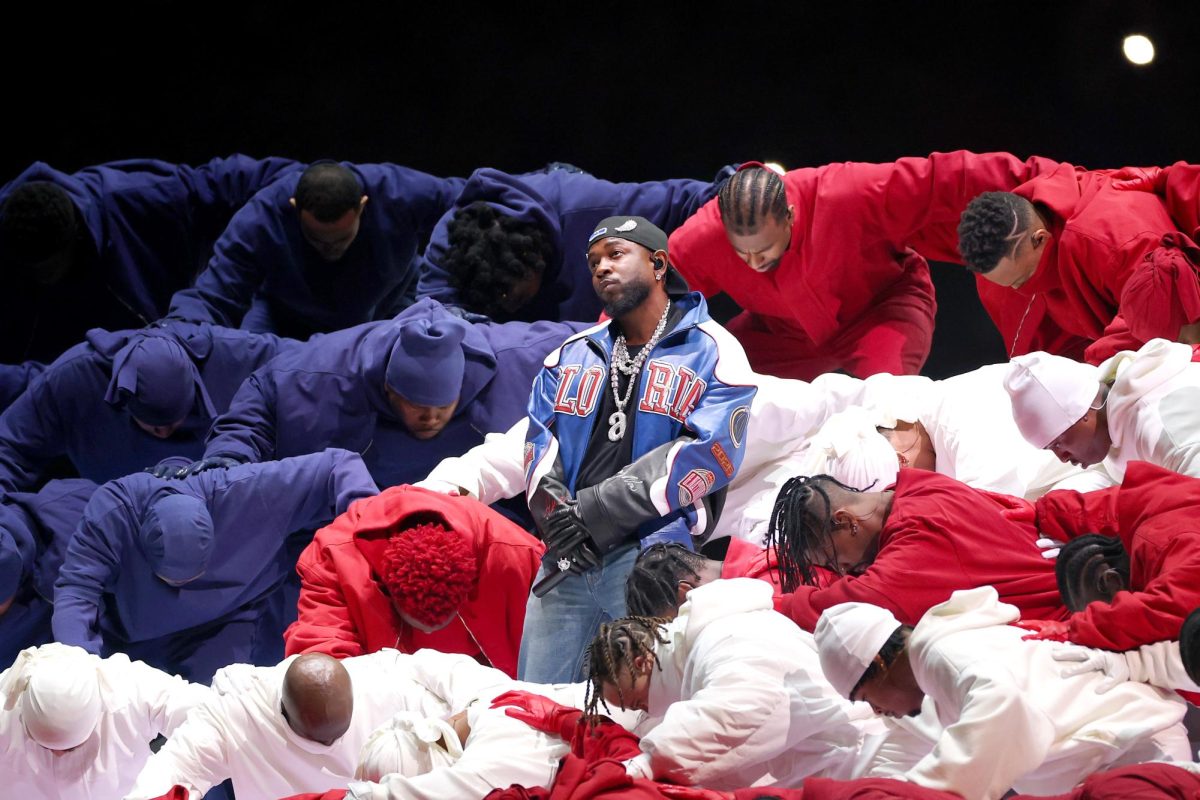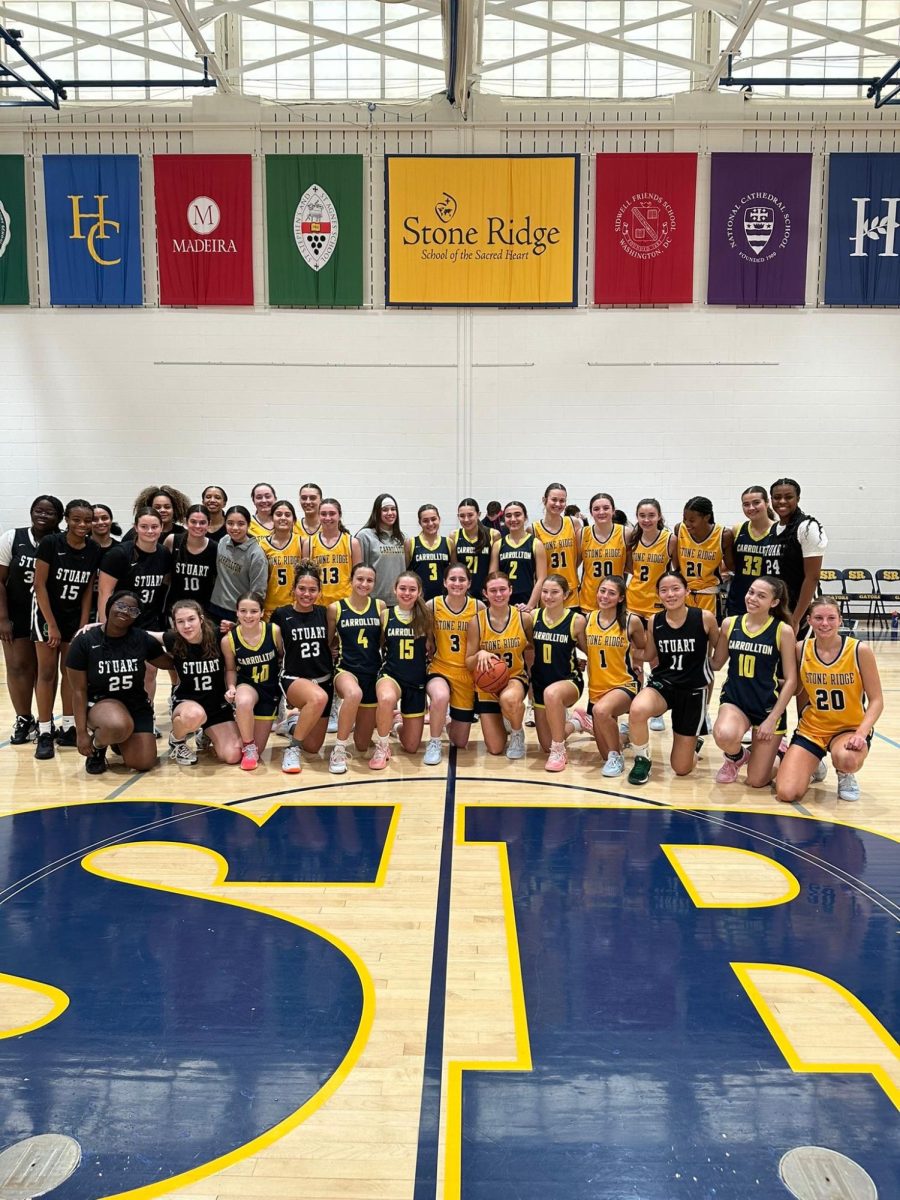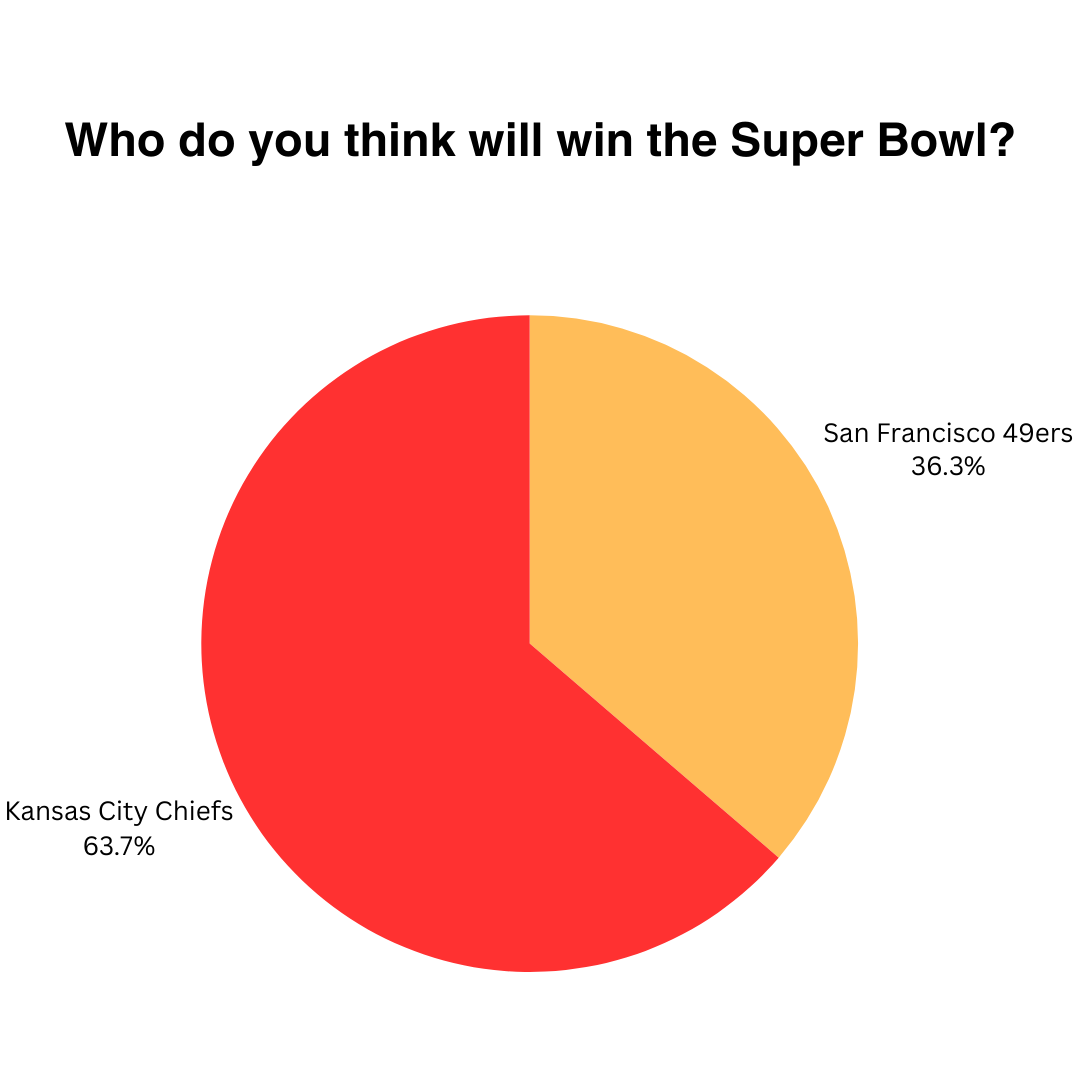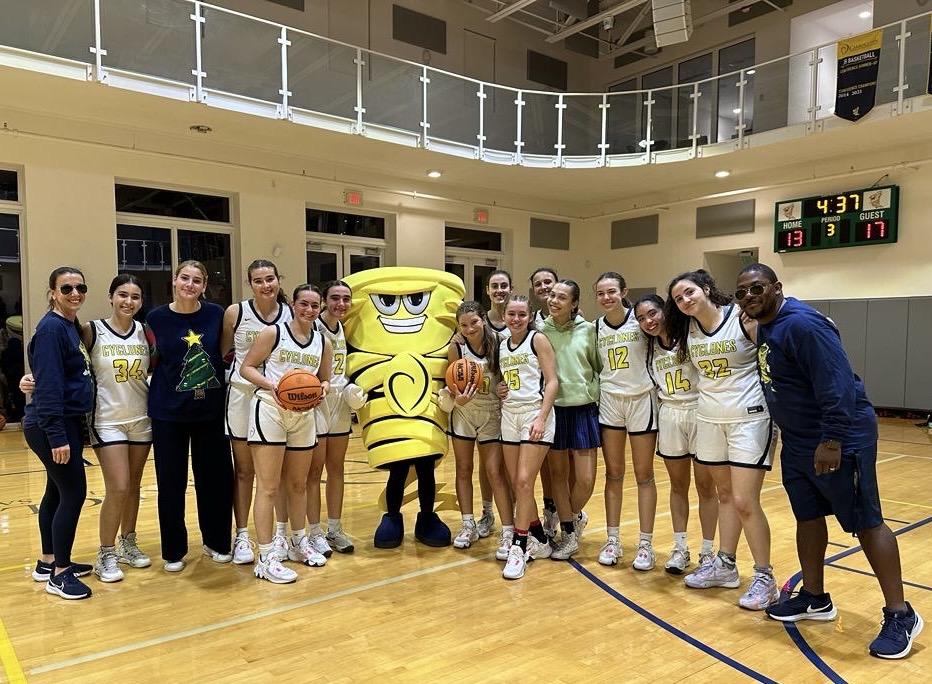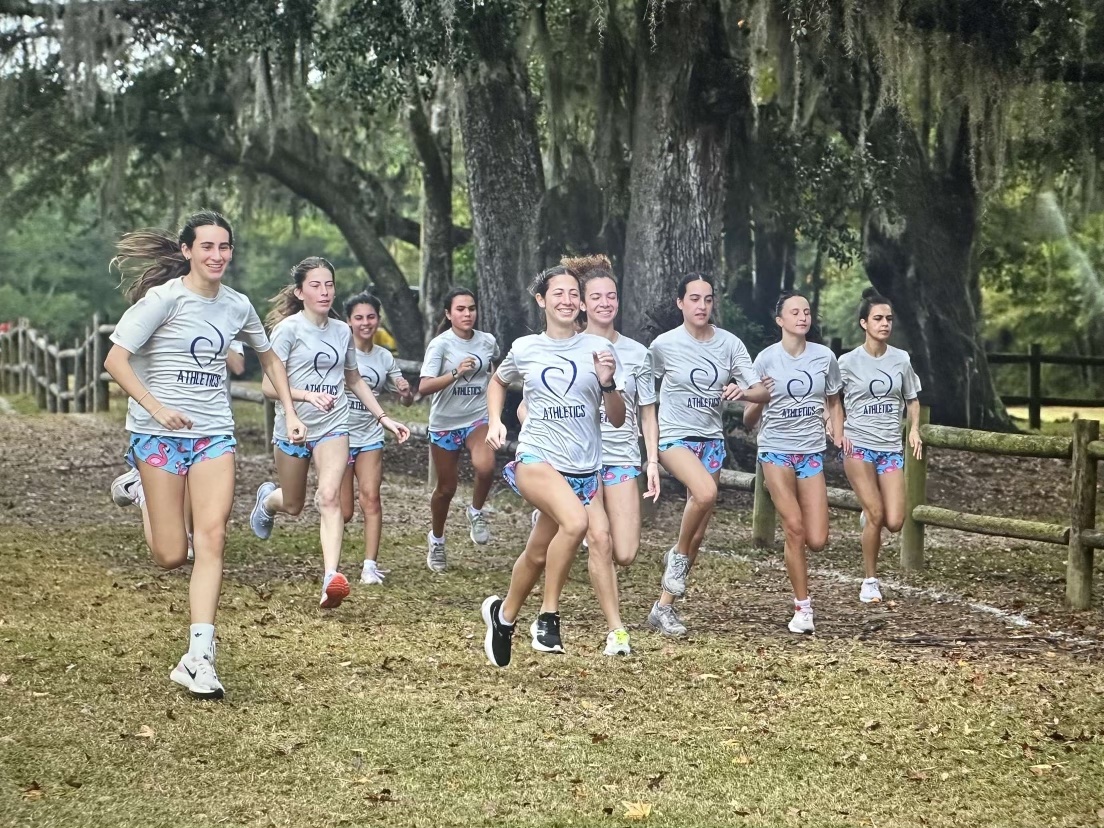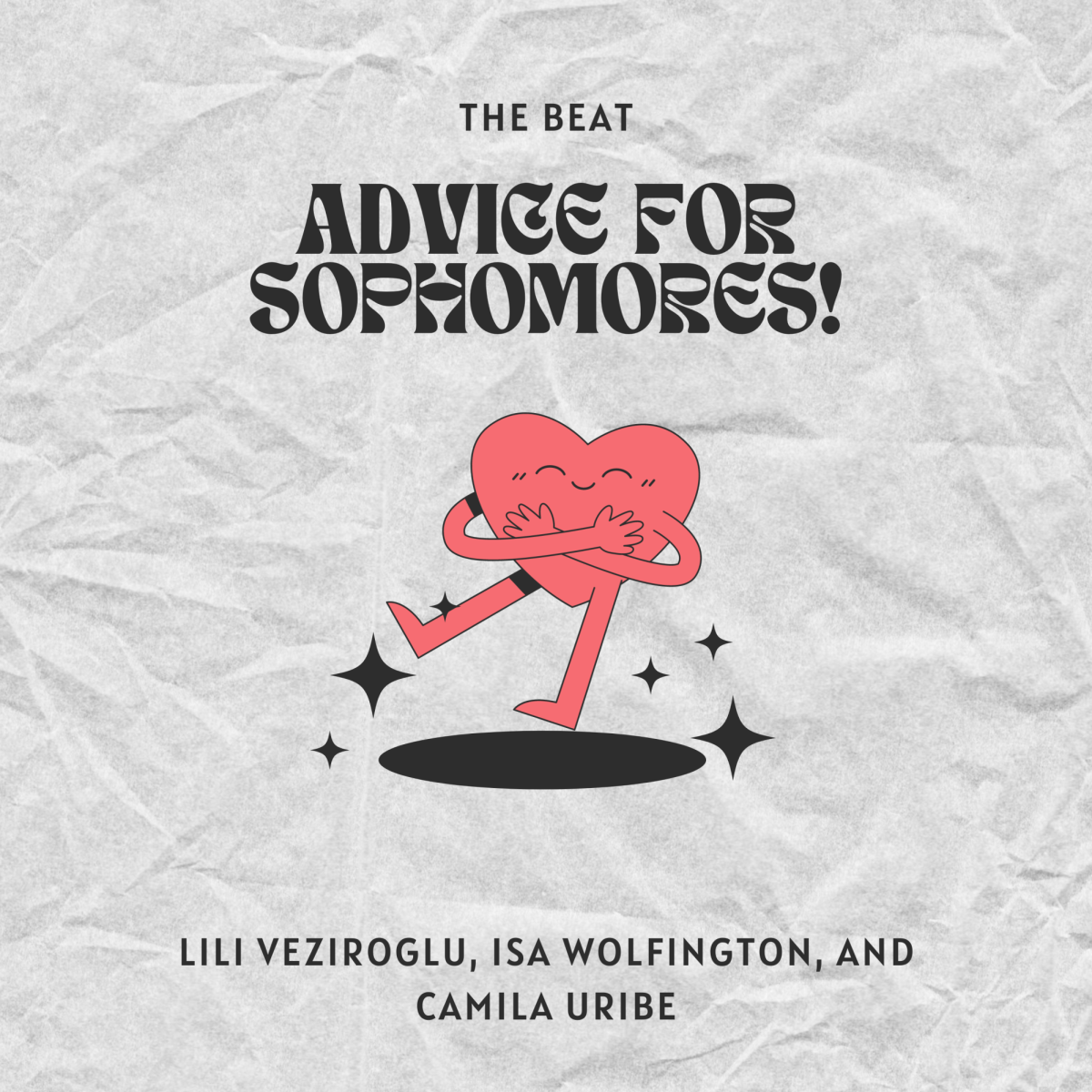Teaching you the terms

October 26, 2022
Lingo amongst teens can be complicated. Here’s some 2022 slang to help you better understand your teens and/or your friends.
SUS:
If something is described as “sus,” this means it is suspicious.
EX: “Don’t you find it sus that she keeps skipping class?”
LOW-KEY/HIGH-KEY:
When someone wants to express a feeling or desire, but they do not want to seem too dramatic about it, they use the word “low-key” before or after the sentence. Also, this term helps to downplay a situation. Highkey means the exact opposite.
EXs: “Lowkey, could really go for some pizza.” / “Highkey, really want some pizza.”
FIRE/TRASH:
Think of these two as opposite ends of the cool spectrum. Something wonderful is fire, while something terrible is trash. Fire can also be used to describe something as hot, trendy, amazing, or on point.
EXs: “Zendaya’s dress at the Emmys last night was fire!” / “Sally’s boyfriend is trash for not asking her to Prom.”
BET:
“Bet” is an agreement about something; another word for “okay.”
EX:
Person 1 – “After school, we’re going to meet up at Dani’s house.”
Person 2 – “Bet.”
CRINGE / CRINGEY:
A cringe is a facial expression to express embarrassment or awkwardness. Therefore, the term has a negative connotation.
EX: “Watching the celebrity fall while receiving the award made me cringe.”
FOMO:
Stands for “fear of missing out.”
EX:
Person 1 – “We’re going to brunch at Greenstreets on Saturday.”
Person 2 – “I have tutoring. Can we change the date? I have FOMO.”
SIMP:
A person who genuinely likes another person and shows it. However, usually, the feelings aren’t reciprocated. Often used in a negative context.
EX:
Person 1 – “Did you see Logan bought Melissa flowers knowing she has a boyfriend.”
Person 2 – “Ew, he’s such a simp.”
LOL:
This one is a common misconception. Nowadays, “LOL” does not mean “lots of love.” Instead, it means “laugh out loud.” This is generally used in text conversations.
EX:
Person 1 – “Did you see the video I sent you yesterday?”
Person 2 – “LOL yes it was really funny.”
GOAT:
Stands for “greatest of all time.” Yet, in reference to the term, one may use it as a noun.
EX:
Person 1 – “Mr. Smith moved the quiz to next Thursday.”
Person 2 – “He’s such a GOAT for that.”
TBH:
Stands for “to be honest.”
EX: “TBH, I don’t really like country music.”
GHOSTED:
The term “ghosted” refers to the act of ending a relationship by cutting off communication.
EX:
Person 1 – “What did you do about that creepy guy texting you?”
Person 2 – “Oh yes, I ghosted him and told my mom.”
CAP / NO CAP:
Cap is a term used to describe if something is fake or a lie. On the other hand, no cap is used to describe something that is totally true or factual.
EX:
Person 1 – “Did you hear that Carrollton is going to become a co-ed school?”
Person 2 – “That’s cap.”
SLAY:
A favorite around Carrollton, slay means to be extremely stylish or successful and/or succeed in something amazing. Often used as a compliment or type of positive reinforcement.
EX:
Person 1 – “I got a 100 on my math test.”
Person 2 – “Slay!”

